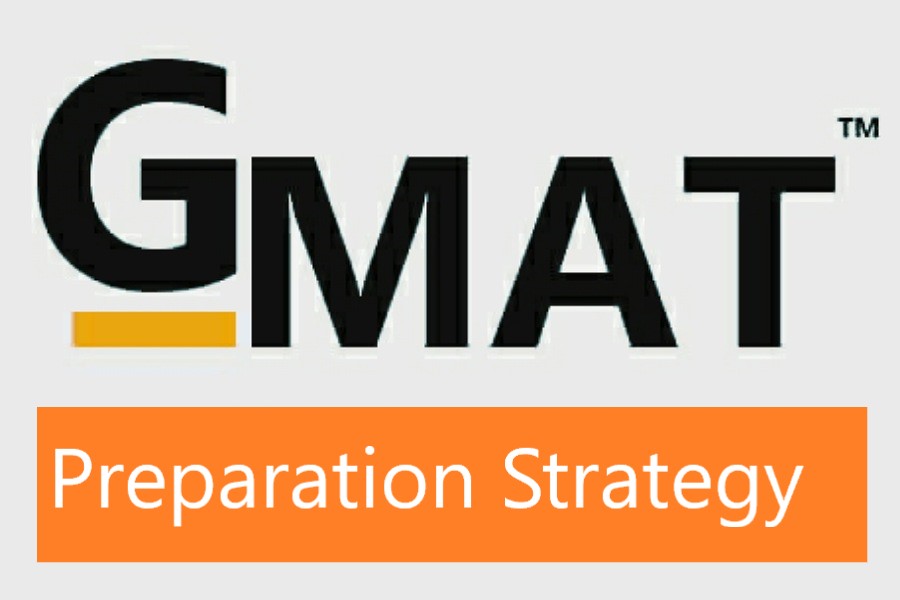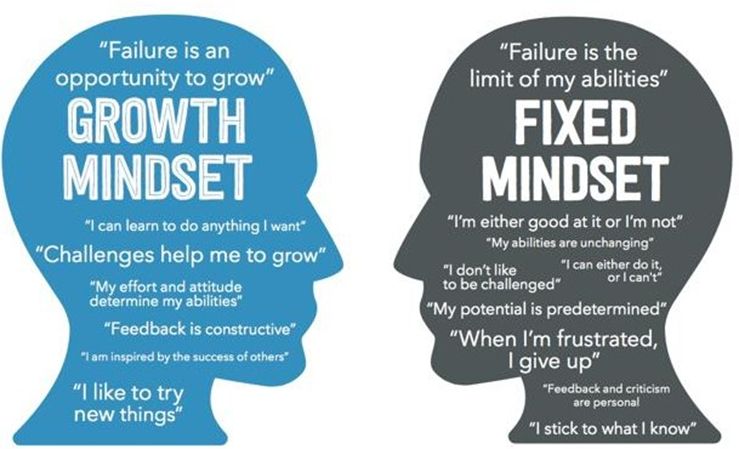GMAT Preparation strategy one must learn, understand and practice in order to score top marks and secure admission into Ivy League college. Typically, you should start preparing for the test at least 3 months in advance. Dedicate 3 hours every day, but not more than 1.5 hours at a time. The key here is to work smart with breaks in between so that you can push your effort with continuity.
Start out your preparation by taking a GMAT mock test. This will let you know where exactly you are starting and how much you need to cover. You will know where you struggled and can dedicate more preparation time to those areas. Every week, take one mock test. Spend time analyzing your performance on this mock to understand what sort of mistakes you are making.
Your main strategies start by taking small steps like:
- Understand your weak areas and strong areas:
- Start tracking your time spent per question:
- Take a timed practice test 3 weeks before the exam and then 1 more practice test every week. Check your score and timing.
- Keep reviewing math or grammar sections that still trouble you:
- Revise, Repeat:
- Practice tests:
- Don’t assume that you can make up for your lack of ability on one section by doing better on the other section. This is a critical mistake as doing poorly on one section can harm your score more than acing another section will.
- A short burst of cram sessions won’t help. The exam does not test knowledge or ability to memorize, it tests skill, and improvements to your score will only come from dedicated and regular practice.
- Don’t rush through your prep-remember, your GMAT score is the most critical component of your admission application.






